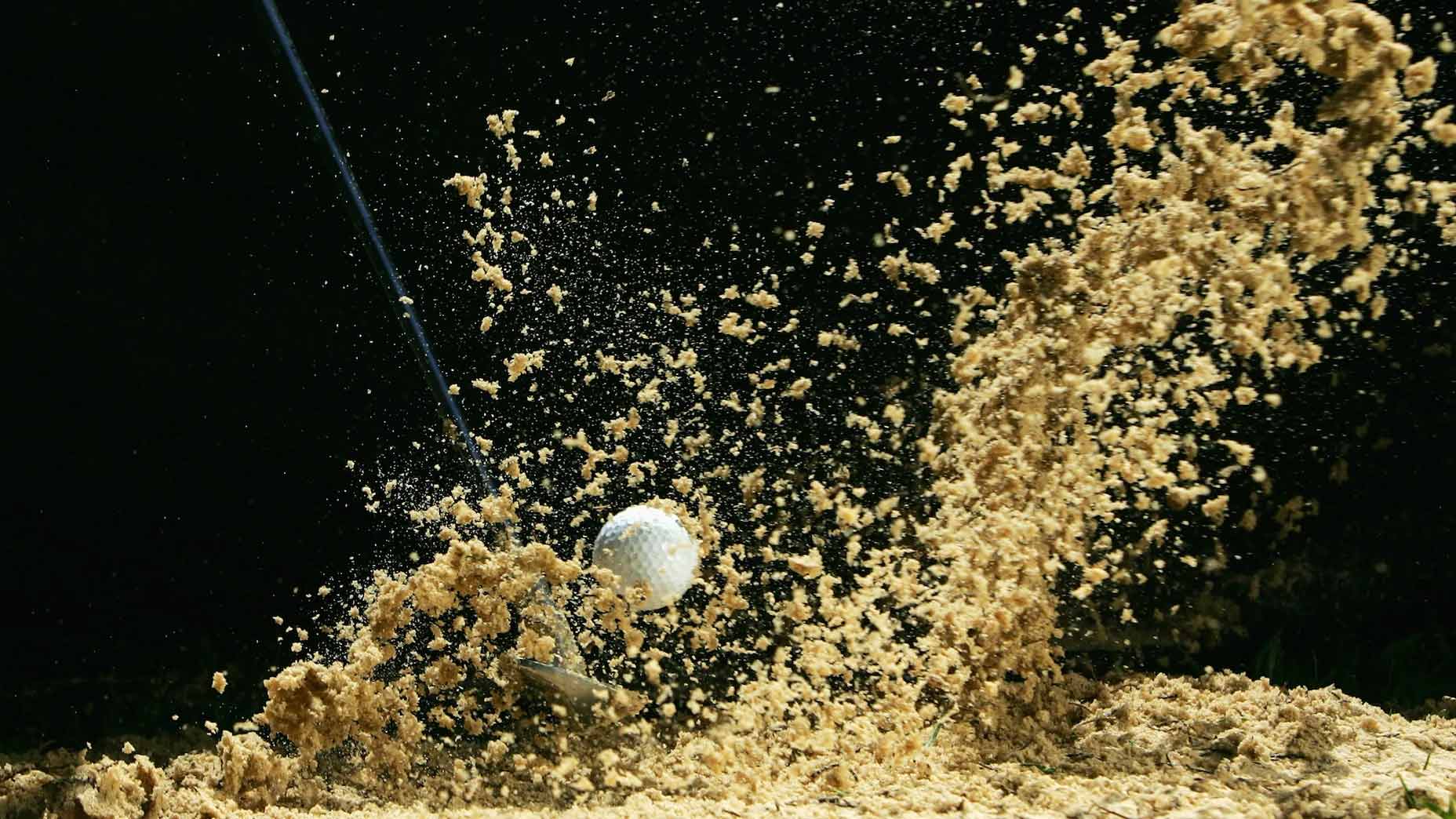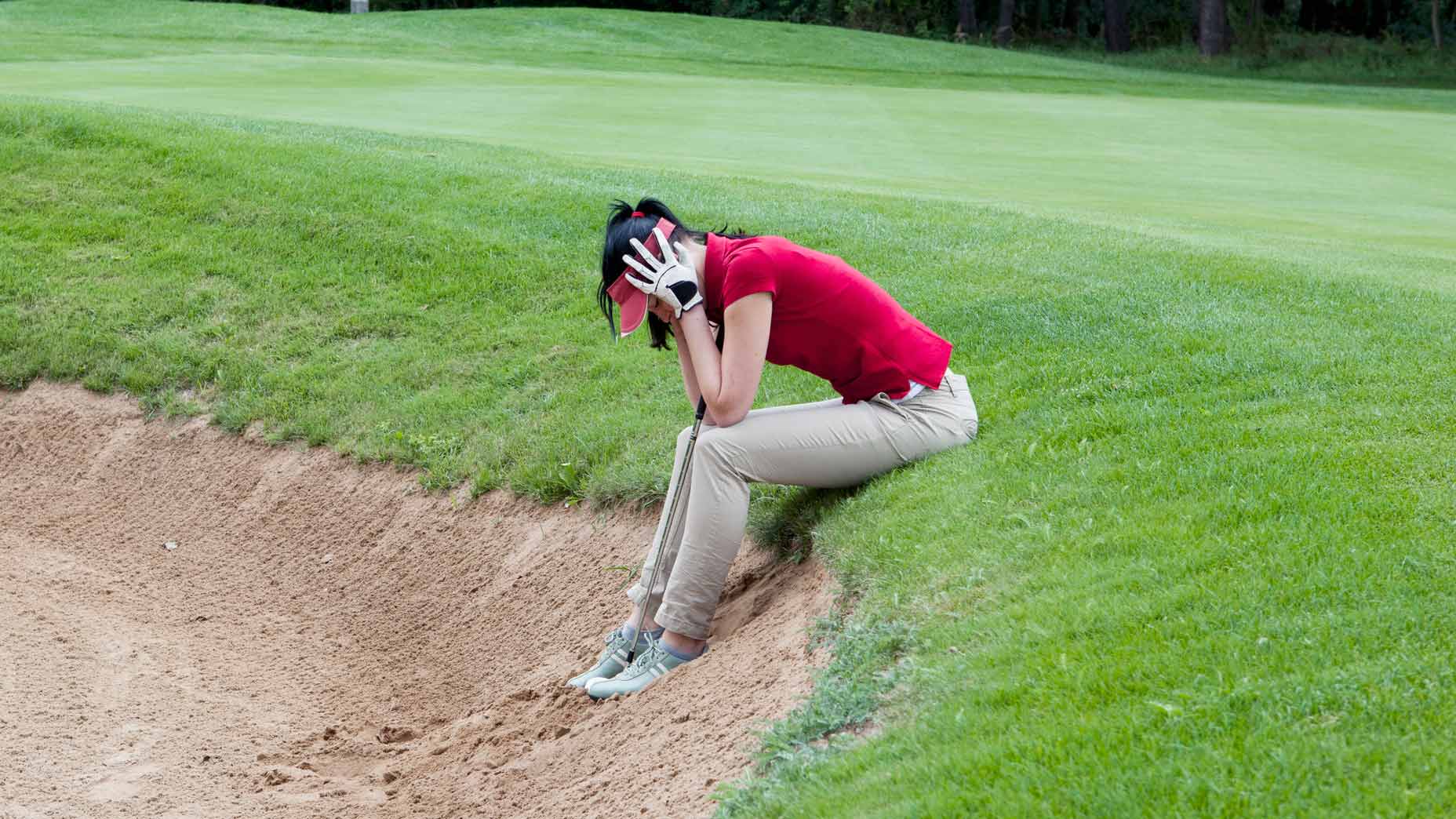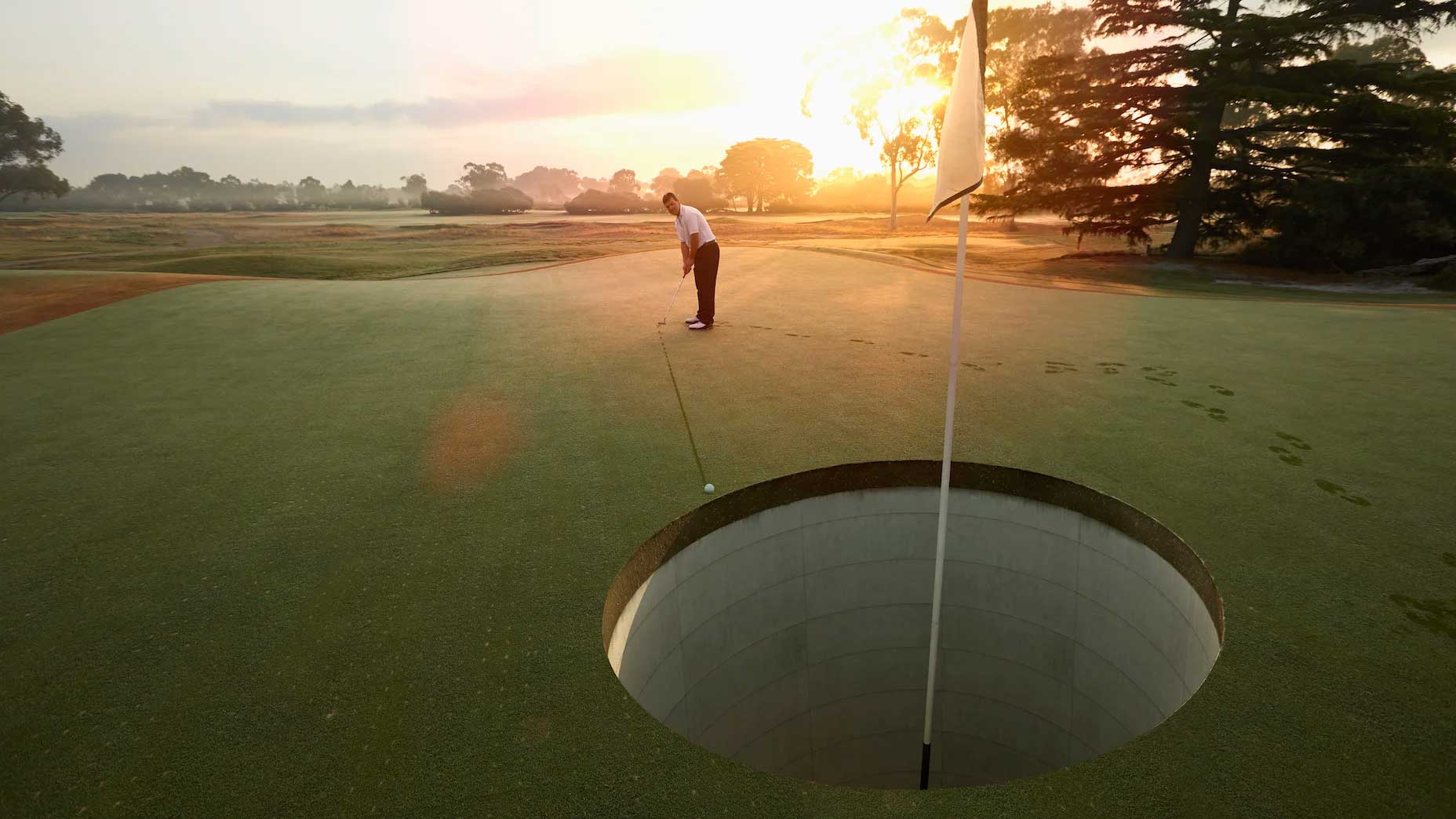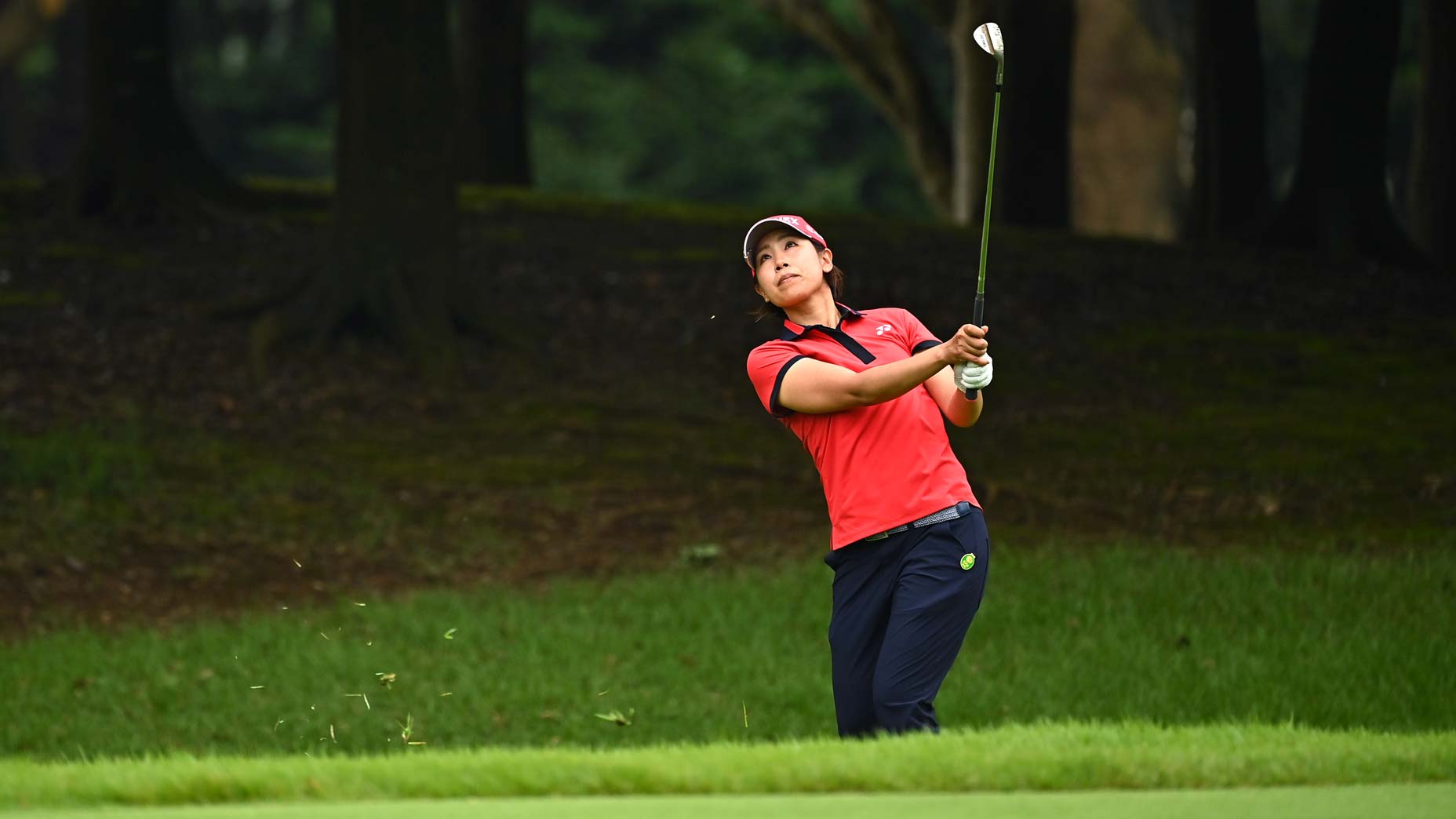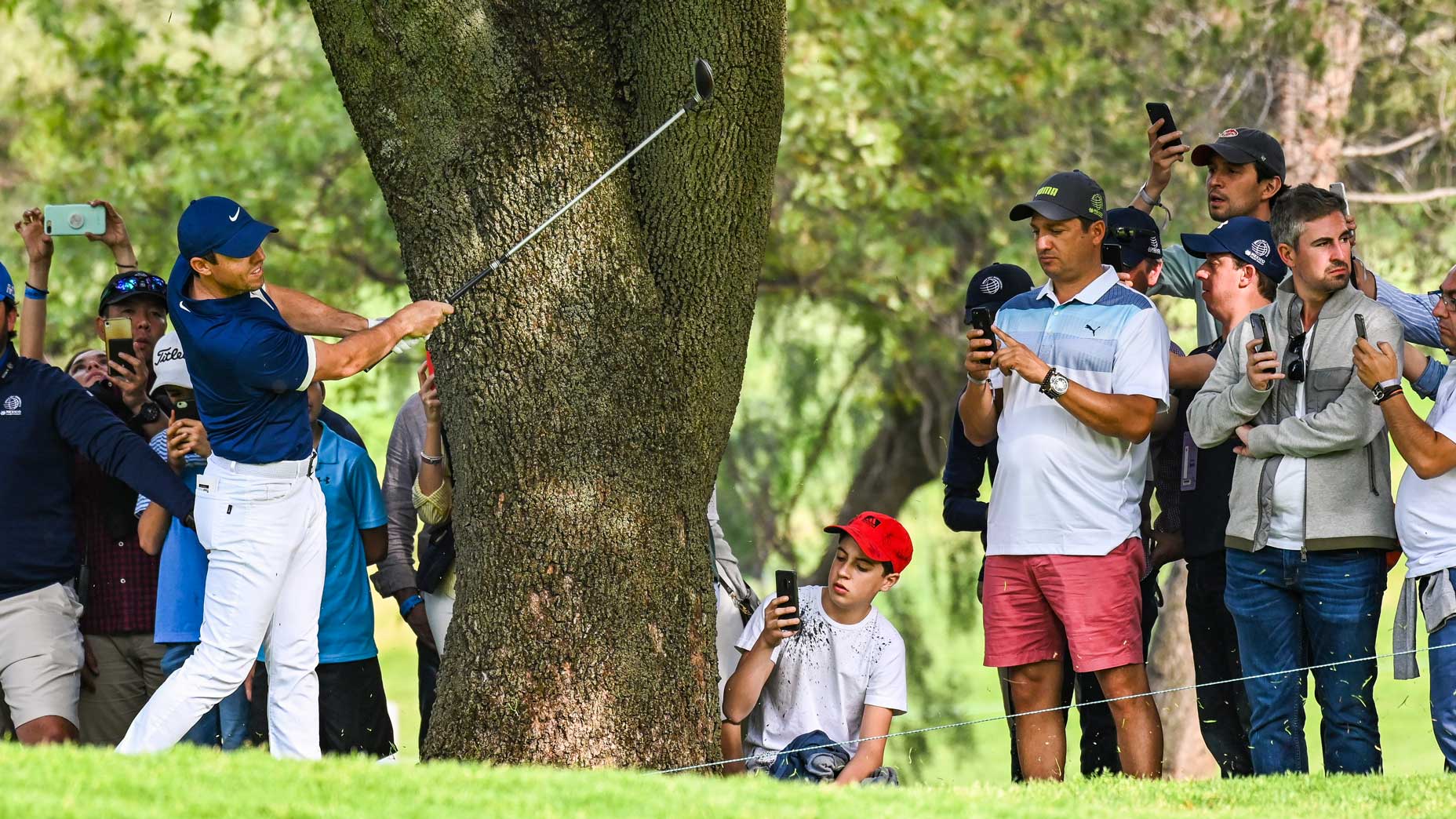What you do to prepare for your round can have a big impact in how you play. A good warm up doesn’t always mean you’ll play well, but you should always give yourself the best chance. The problem is, so many golfers I see have no idea what they should do before they play. So here are some suggestions to help you warm up productively.

1. Know the time it takes for you
Some golfers need very little time. Others need more. It’s not a one size fits all: If you feel rushed to the first tee, plan to add time to your warm up plan. Determine how much time you need, and prioritize that when scheduling your day.
2. Find the order that works for you
The majority of golfers start with their shortest clubs and work their way through their bag until they finish with their driver. But there are some golfers who start with their driver and work their way back to their shorter clubs. Tom Watson, for example, starts every warm up with a hybrid.
One way is not better than the other. Find what works for you and stick with it.

3. Hit every golf club “family”
When you prepare yourself to play, you don’t need to hit every club, but you’ll want to make sure you hit members from each club family. Short irons, mid irons, long irons, hybrids, fairway woods and driver.
Whether you’re switching between odd number and even number irons, by hitting each section of your bag, you’ll be prepared when you play without hitting every club.
4. Warm up both short game shots
You should always warm up two different kinds of short game shots: chips and pitches. I like to warm up my pitch shots first, before my fill swing warm up. I start with a few pitches with my most lofted wedge, which I know will force me to get my club down to the ground, which reinforces a good habit.
After I hit a few successful pitches, I will go through the rest of my full swing warm up, and then finish with chips and bump and runs. The set up is different for those shots, so I adjust for those before moving to the putting green, and then the first tee.

5. React to your ball flight
Other than the obvious — warming up your body before you go play — your warm up sessions should have a very specific goal. Every day is different in golf, and I like to say you have to re-learn it every day. It’s a good attitude you have to stay realistic.
When you warm up, react to what your golf ball is telling you. If it’s curving one way or the other that you don’t like, or you’re not making solid contact, it could require a small adjustment to your grip or posture.
Good players are constantly making mini adjustments throughout their round, based on their ball flight.
6. Read the elements
Your warm up session will also help give you a sense of how particular elements will effect your golf ball, particularly the warm or cold. The wind will also have a huge and obvious effect on your golf ball. Make sure to make these discoveries before you play, rather than learning from your mistakes during it.
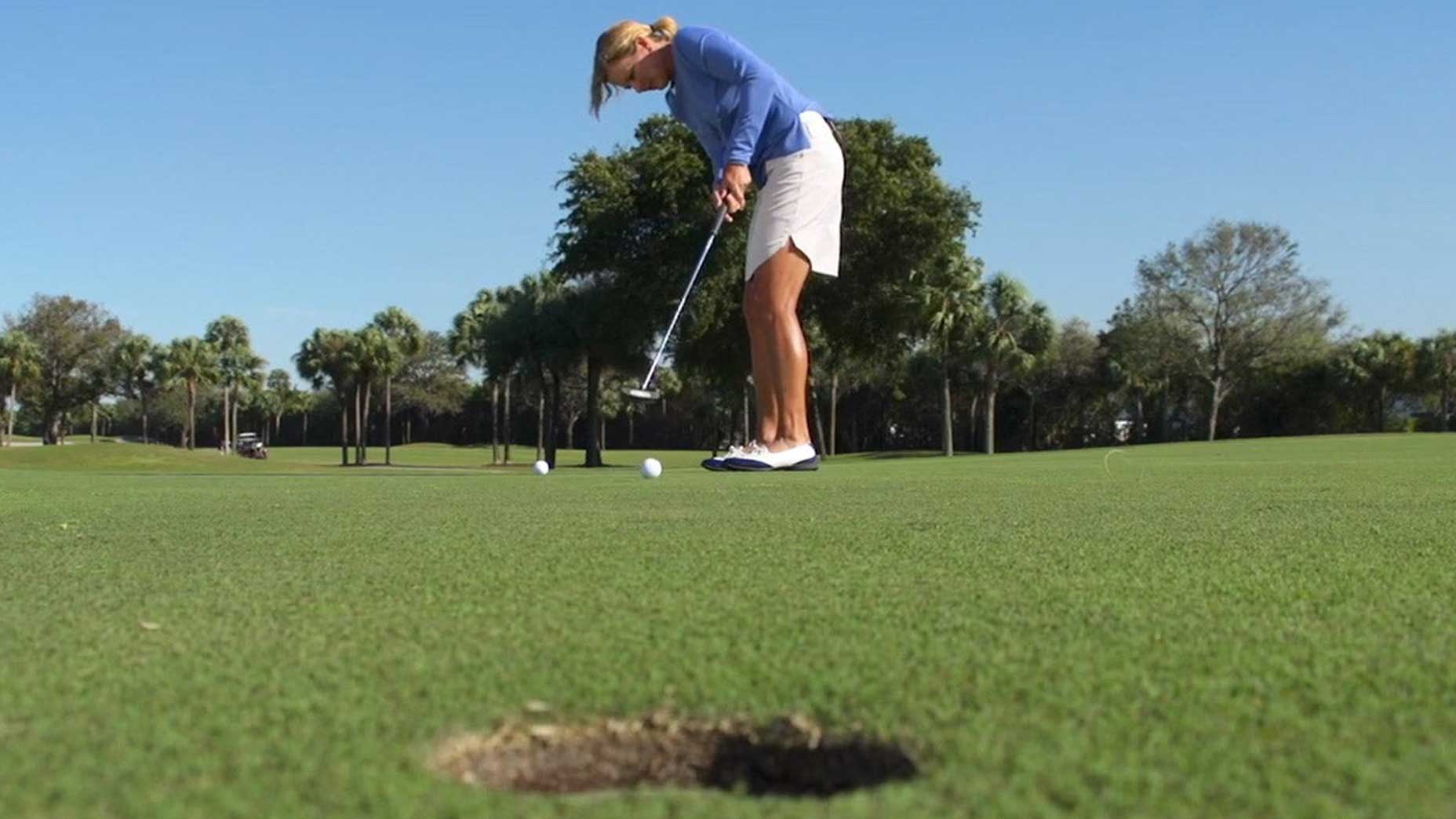
7. Putt, putt, putt
You should always try to stroke a few putts before you play to get a sense for the speed of the greens that day. I would say a good rule of thumb is to practice a variety of longer putts, and stay on the green until you hit the first putt of each of those putts close.
I’m an ambassador for Golf Logix, an affiliate company of GOLF.com which helps you study the slopes of certain greens and practice them before you hit the course.
8. Determine your go-to clubs from the start
Your warm up sessions can also tell you which clubs are going to be your best that day. Some days, your fairway woods are the start. Others, your shorter clubs. Know this in advance, and you’ll be more at ease on the course.
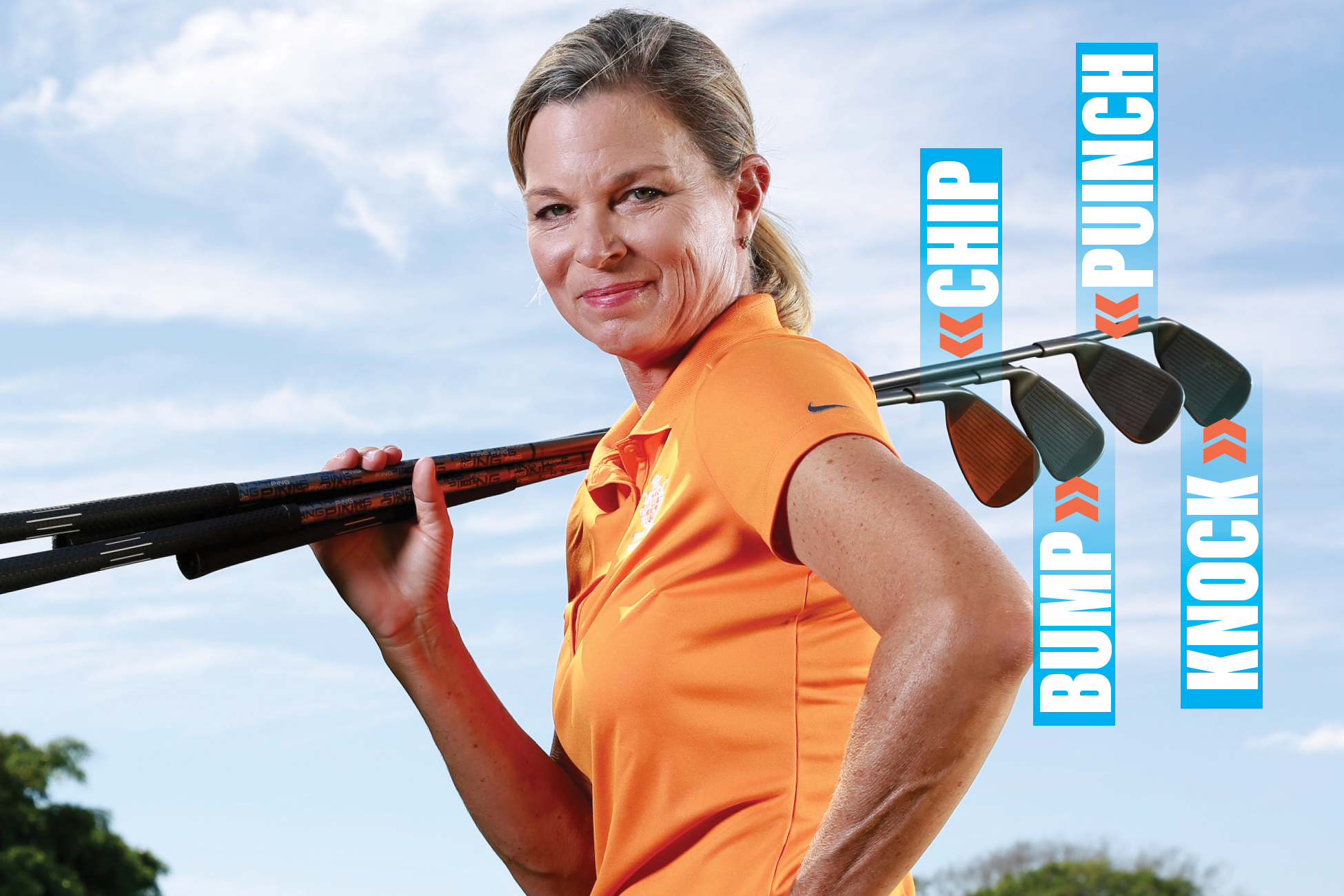
9. Build driver confidence
Warming up with your driver and hitting a handful of good, solid shots is so important to confidence and momentum. Starting the hole with a great drive often has a domino effect, and makes your subsequent shots easier. Arriving to the first tee comfortable with your longest club will lead to free swings, and more distance.
10. Have a last-minute checklist
Use your last bit of time before you step onto the first tee running through your checklist to see that you have everything you need for your round of golf, from balls, tees, ball markers, jackets and everything else you need.
By not scrambling to find the things you need, you will be more calm and make better swings because of it.


